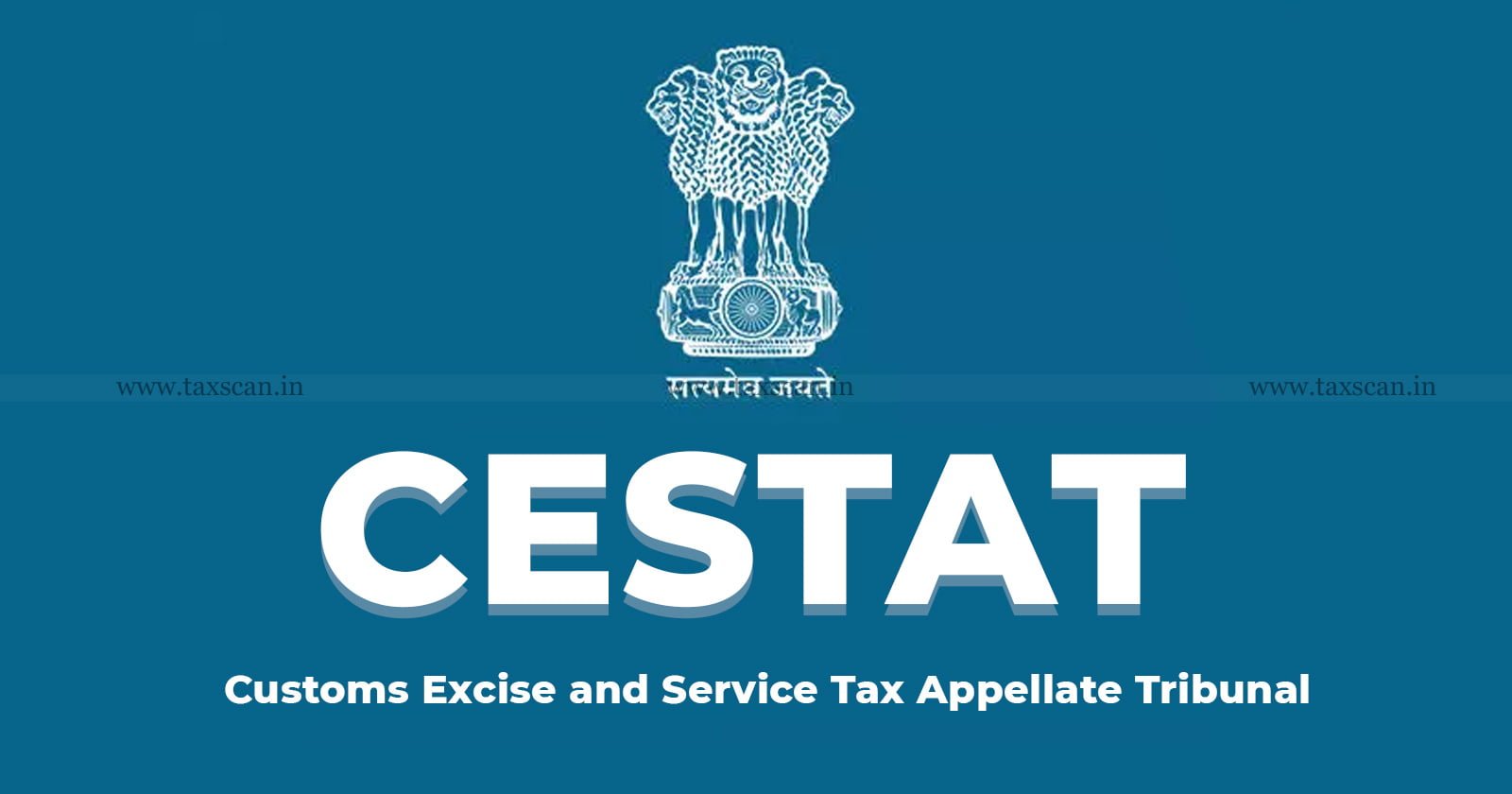Data already mentioned in ER-1 Returns and non-furnishing same is not Suppression of Facts: CESTAT sustains Interest Demand on Differential Duty only for normal Period

The Bangalore bench of Customs, Excise and Services Tax Appellate Tribunal (CESTAT) sustained the demand of interest on differential duty only for the normal period. The bench allowed the appeal partially and modified the impugned order to the extent of confirming recovery of interest for the normal period.
The appellants were engaged in the manufacture of excisable goods viz., C.I. raw castings, C.I. machined components, et., under Chapter 72, 73, 84 & 87 of Central Excise Tariff Act, 1985.
By raising the supplementary invoices, subsequent to the removal of goods, the appellants discharged differential duty on the differential value collected under supplementary invoices but failed to pay interest on the differential duty paid against the supplementary invoices.
The department demanded for a recovery of interest amounting to Rs.4,84,348 and Rs.15,85,230 under Section 11AB of Central Excise Act, 1944, respectively, by issuing show cause notice invoking extended period limitation.
On adjudication, the demands have been confirmed and a penalty of Rs.5,000 under Rule 27 of Central Excise Rules, 2002 in each case has been imposed. Thus, the appeal was filed before the tribunal.
J. N. Somaiya, the counsel of the appellant submitted that on raising supplementary invoices from time to time, they have paid the differential duty, however, interest was not paid during the relevant period in both the appeals.
The counsel relied on the decision of the Supreme Court in the case of MRF Ltd., where it was held that they are not at all required to pay the differential Central Excise duty, hence, there is no question of payment of interest also.
Revenue submitted that appellant had raised supplementary invoices and discharged differential duty on the revised value, however, interest even though attracted was not paid by the appellant.
Further relied on the supreme court judgment in the case of Steel Authority of India Ltd. Vs. Commissioner of Central Excise and submitted that applicability of interest on differential duty paid on supplementary invoices due to enhancement of value is no more res integra.
The bench observed that the appellant on payment of differential duty on the supplementary invoices due to revision in prices invariably reflected the same in their ER1 returns filed with the department from time-to-time.
Furthermore, the Revenue's constant requests for data that was already included in the corresponding ER-1 Returns and the appellant's inability to offer it in a timely manner cannot be used as justification for hiding facts in the form of data from the department.
The two-bench of Dr. D.M. Misra and R. Bhagya Devi stated that on declaration of the differential duty paid by reflecting the same in the relevant monthly returns filed with the department from time-to-time, would not fall within the scope of suppression of fact and accordingly, an extended period of limitation was set aside in these cases.
The tribunal stated that as a result of a change in the law relating to the applicability of the statute of limitations for interest recovery that went into effect on April 8, 2011, the demand for interest can only be supported for the normal term.
Additionally, since there is no suppression of fact, the bench refused to impose the penalty and it was warranted.
H. Jayathirtha, Superintendent appeared as the Authorised Representative for the Respondent.
To Read the full text of the Order CLICK HERE
Support our journalism by subscribing to Taxscan premium. Follow us on Telegram for quick updates
Ashok Iron Works (P) Ltd vs Commissioner of Central Excise , 2023 TAXSCAN (CESTAT) 582 , Shri J. N. Somaiya , Shri H. Jayathirtha

